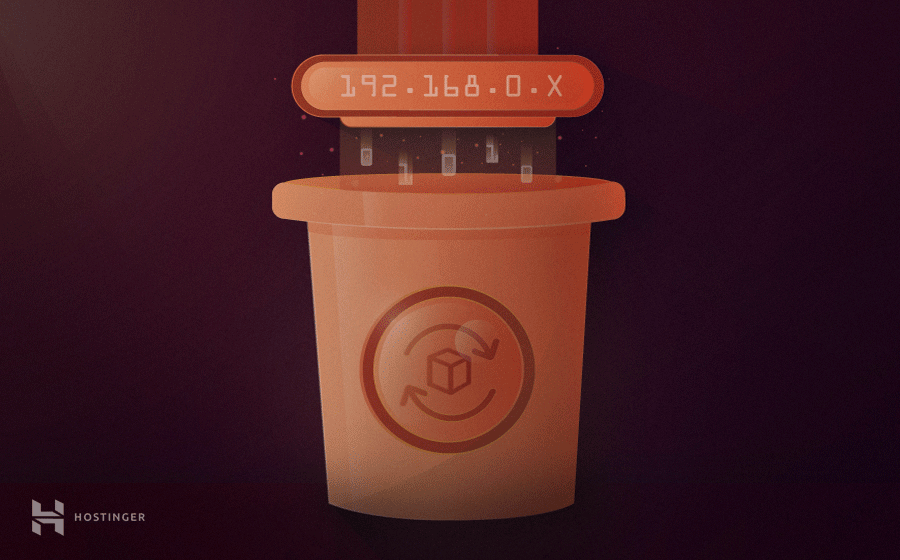DNS
What Is nslookup Command and How to Use It
The name server lookup (nslookup) command-line tool finds the internet protocol (IP) address or domain name system (DNS) record for a specific...
Traceroute Command: How to Use and Interpret It
As there are numerous possible causes of a network issue, having the knowledge and tools to troubleshoot it will help save time. One of the most...
How to Fix DNS_PROBE_FINISHED_BAD_CONFIG Error in Chrome: 11 Ways
When you access a website, a lot of elements work together to load it. If there are any issues with your DNS settings, internet connection, files, or...
Ping an IP: How to Do It on Windows, macOS, and Linux
Checking network latency and server availability is important, and one way to do it is to ping an IP address. However, there are specific commands to...
What Is a Premium DNS and Why You Might Not Need It Just Yet
A domain name system (DNS) is a directory for all resources connected to the internet. Its primary purpose is to match domains to their IP addresses...
What Is a Dedicated IP & Does Your Website Need One
If you’re currently looking for a web hosting plan, you might have come across the term dedicated IP (Internet Protocol) address. Often...
DNS_PROBE_FINISHED_NXDOMAIN: What It Is and 9 Ways to Fix It
When you encounter the DNS_PROBE_FINISHED_NXDOMAIN error, you will see a message which states that the web browser cannot find the server IP address....
How to Fix “DNS Server Not Responding” Error (11 Methods)
The Domain Name System (DNS) helps users access websites on the internet through web browsers. It is a directory that translates domain names or...
How to Flush DNS Cache
If you have connection issues, flushing your domain name system (DNS) cache could be the solution you need. However, while a DNS cache can speed up...


